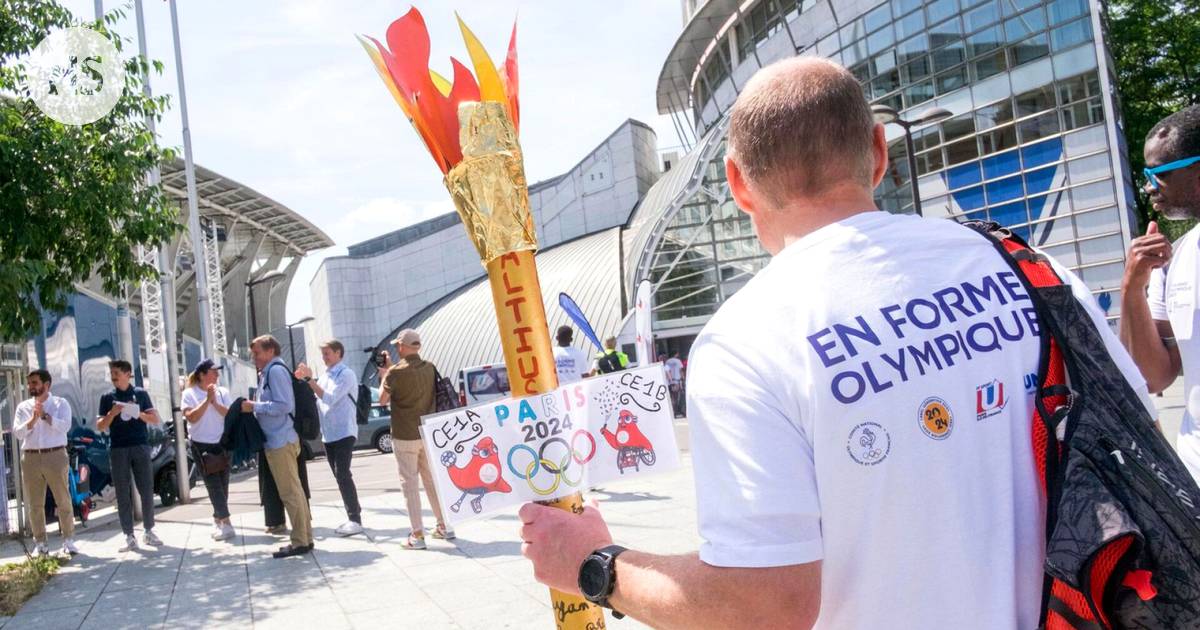Alcohol Ban at Paris Olympics: No Cheers for the General Public
Alcohol will not be sold to the general public at the 2024 Paris Olympics due to Evin’s Law, which has been in place since 1991 and prohibits the sale of alcohol at stadiums and gymnasiums in France. However, VIP guests will still be able to drink alcohol in hospitality areas, which are governed by a separate law on catering. The ban on alcohol sales applies to all competition venues, and organizers did not seek an exemption to the law. The ban is expected to be strictly enforced, and fans attending the Olympics will have to make do with soft drinks and water.

In the first sales phase, a total of 3.25 million tickets were sold for the Paris Olympics, with the French public making up two-thirds of ticket purchasers. The ban on alcohol sales will apply to all ticket holders, except for VIP guests.
Evin’s Law is the French alcohol and tobacco policy law passed in 1991, which takes its name from Claude Évin, then Minister of Health, who proposed it to Parliament. Before the law, French advertising laws discriminated against non-French producers. However, Scotch whisky producers challenged France in the European Court of Justice and won. France was condemned and required to change the law in 1980 but did not produce satisfactory legislation until 1991, with the enactment of Loi Evin, which affected both alcohol and tobacco policies. The Loi Evin forbids any favorable advertising of tobacco, including on billboards and prohibits the free or promotional distribution of cigarettes. Tobacco advertising is also forbidden at sporting events. The law limits the content of alcohol advertising to purely factual product information.
